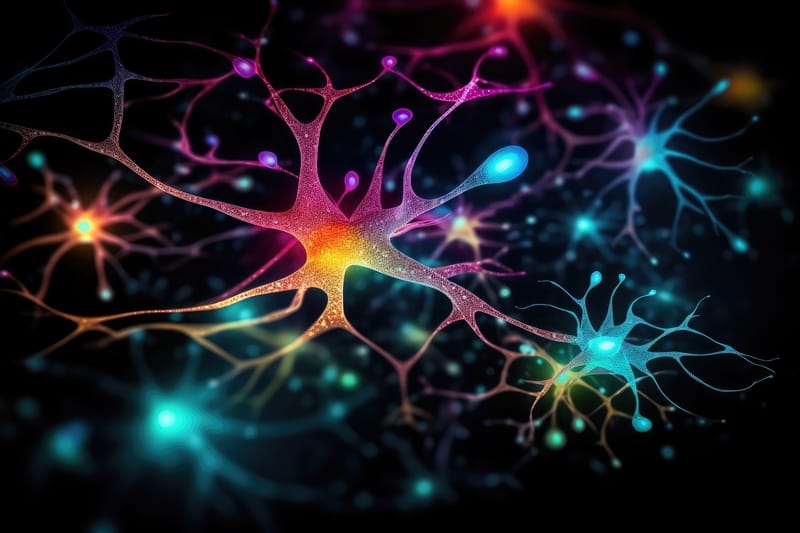AI won't replace the need to learn languages, and here's why.
Since AI came on the scene, we have been getting used to the new repercussions, and there are still many unknowns.
However, a general consensus is that AI isn't ready to replace all human tasks yet. Right now, workers who can harness AI's benefits to improve their existing jobs will be more productive and have an advantage over others.
When it comes to language learning, there are quite a few benefits to using AI that can be tailored to your language learning needs. It can produce learning material directly suited to your personal level.
However, AI will not replace the need to learn other languages.
New research is increasingly showing the brain benefits of being bilingual or multilingual. Bilingualism has been shown to delay the onset of dementia and can help with more creative and cross-discipline thinking. This research is catching up to what multilinguals already know—languages are good for the brain—the ultimate brain food!
Although we will soon be living in a world where AI will reduce the friction between two people who don't speak each other's language, having instant translations between a Tagalog speaker and a Swahili speaker, it will not eliminate the benefit to the human brain. The neural plasticity and brain health benefits to the individual cannot be replaced by AI.
Plenty of research shows that babies thrive in a language rich environment and from actual, warm human interactions. There is no replacing that in the near future.
With language learning, you are hard-wiring babies' brains to enhance their growth spurt in this singular time in a human's life.

